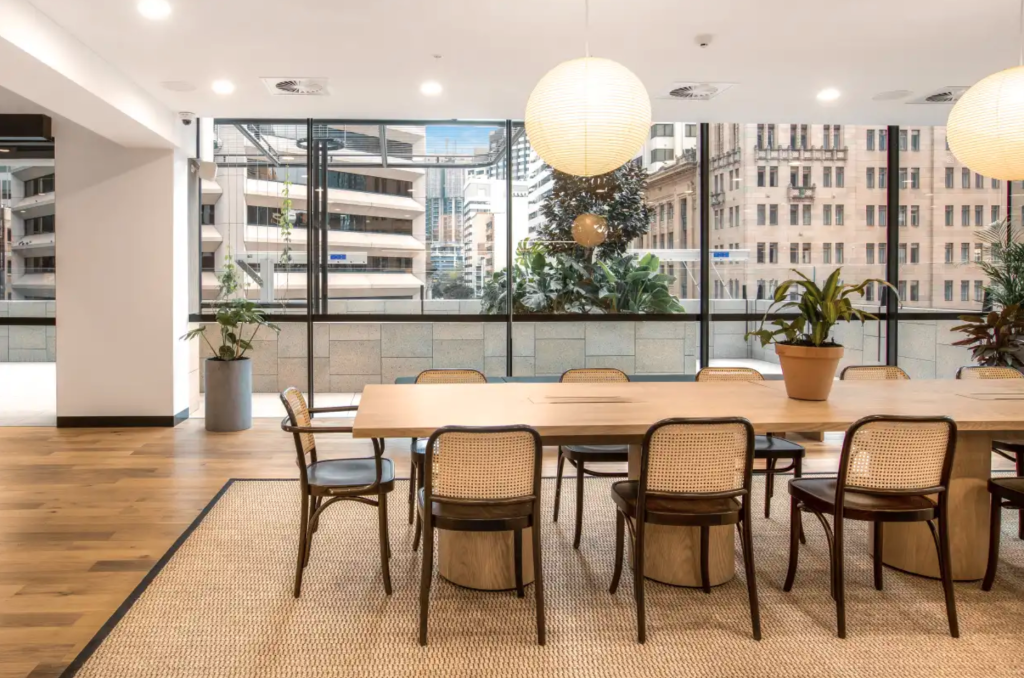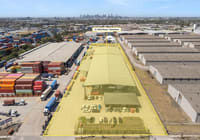
WeWork eyes corporate desks as offices get flexible
Co-working hub operator WeWork is winning more interest from corporate occupiers as the nation’s office workplaces adjust to the prospect of increasingly flexible work in the post-COVID-19 market.
While the co-working hub sector took an immediate hit during the initial lockdowns and economic uncertainty, it is hoping to pick up momentum as the disruption eases but the embrace of flexible working endures.
As well, larger businesses are becoming more prepared to allow for expansion into third-party flexible space providers.
Enquiries for space at WeWork are getting larger and longer, according to Balder Tol, general manager of the Australian operation.
WeWork has closed a number of full floor enterprise deals and its average commitment term across all segments in Australia is currently nine months.
“There’s heightened appreciation for the flexibility that sits within our business model,” Mr Tol told The Australian Financial Review.
“Since Q4 [fourth quarter] the number of conversations we’re having with our enterprise members has definitely picked up significantly.
“They are really trying to balance their people strategy with their occupancy strategies.”
Enterprise members constitute around half of WeWork’s memberships but Mr Tol expects that number to grow as corporate tenants allow for greater flexibility in their work practices .
Roughly three quarters of all WeWork’s member companies have come back in the office at least a few days a week, with its members working from home on the other days.
WeWork has just opened its 21st hub in Australia, at 260 Queen Street in Brisbane, after the opening was delayed during the pandemic. Its location at 123 Eagle Street opened its doors last July, at the height of the pandemic.
The Eagle Street hub hit 70 per cent occupancy by last December, a strong result given that WeWork’s benchmark for its new facilities is 80 per cent occupancy within 18 months of opening.
“To see 123 Eagle Street exceed the expectations is a testament to where the market is going. That is where the return to offices and the changing role of the workplace fits in,” Mr Tol said.
“Flexibility is something business is prioritising now more than ever.”
The co-working giant has also stepped up what Mr Tol calls the “digitisation of real estate”, in part as a response to the pandemic and in order to increase the flexibility of its offering.
Last September WeWork expanded its “All Access” pass which gives members the ability to work out of any hub in the global portfolio to all members, making it free until the end of June this year.
And after piloting a pay-as-you-go product, it will soon launch an on-demand offer which allows non-members to book workspace on a daily basis or conference rooms by the hour.











